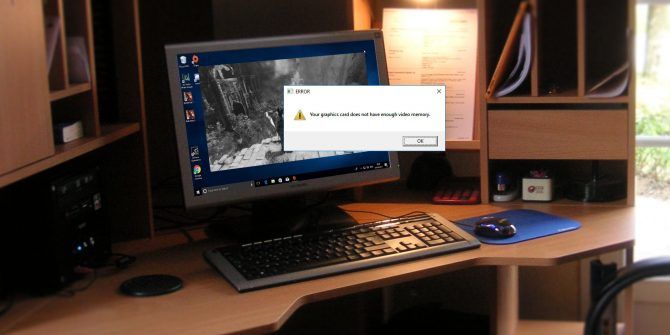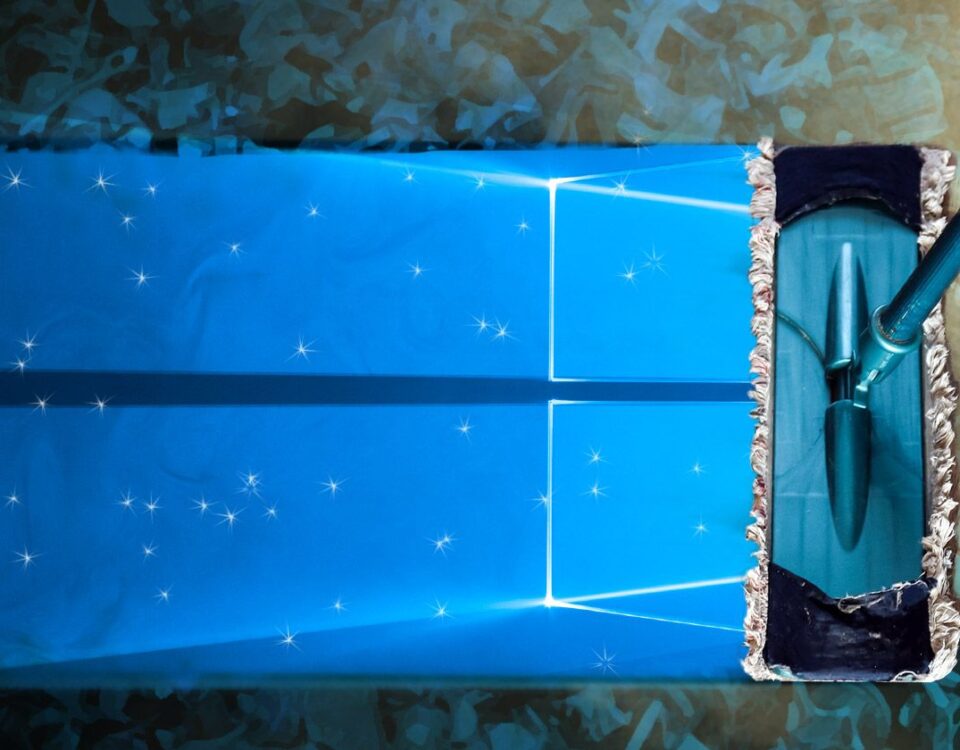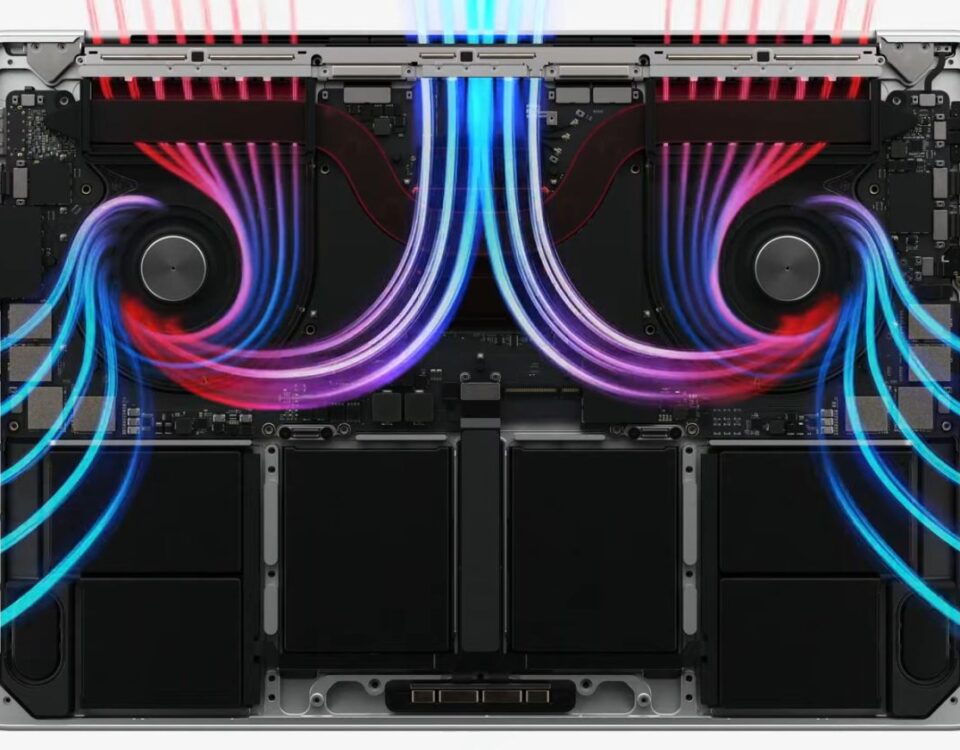If Skype installs every time you open it on your Windows 10 computer, you’ll know how annoying it can be. Not only does it seem totally unnecessary to do, but it might make you late for your online meetings.
In this article, we’ll take a look at why Windows installs Skype every time you open it, and how you can fix it.
Why Does Skype Keep Installing Itself?
There are a few reasons why Skype keeps installing itself every time you launch it. Most of the time, this issue is caused by an incomplete installation. It may also have corrupted system files or you are using an outdated Skype version.
Additionally, your antivirus, a third-party app, or a recent change made to your system could install or update Skype every time you open it.
We will take a look at several fixes that you can try to stop Skype from installing every time. However, if you are in a rush and don’t have the time to try any solution, you can use Skype Web in your browser instead.
1. Reset Skype
The first solution is to reset the app. Here is how to do that:
- Press Win + I to open Settings
- Head to Apps > Apps & Features.
- Select Skype > Advanced options.
- Scroll down and click Reset.
Note: When resetting Skype, Windows will delete your sign-in credentials and preferences so the app will load with its default settings.
2. Delete Skype’s Temporary Files
Sometimes, to help apps run properly, Windows will create temporary files (often called “temp files” for short). Programs use temporary files to efficiently complete operations and tasks, which helps your system run smoother.
Usually, your system manages the temporary files on its own. It will either remove them once their job is done or save them for future use. Programs you use daily will likely perform the latter to help speed up the process of booting and using the app.
If your system doesn’t delete temp files related to Skype once it no longer needs them, it might cause the app to install every time you launch it. To fix it, you can delete Skype temp files by yourself. Don’t worry, you won’t lose any personal data by doing so.
Press Win + R to bring up a Run dialog, type %appdata%, and press Enter. In the File Explorer window, locate the Skype folder and permanently delete it.
If you are looking for a more thorough solution, you can use Disk Cleanup to remove all temporary files from your computer. Launch Disk Cleanup and select the disk drive that you want to clean. From Files to delete, make sure you’ve selected Temporary files. Then, click OK to start the process.
Once Disk Cleanup removes the files, restart your computer and launch Skype.
3. Perform a Windows Defender Scan
There is a chance a virus or malware is causing Skype to automatically install. To fix it, you should scan your computer. You can use a third-party antivirus to scan your computer or a Windows built-in tool.
Here is how you can search for malware using Windows Defender:
- Right-click Start and select Security.
- Head to Update & Security > Windows Security > Open Windows Security.
- Open Virus & threat protection.
- Click Quick scan.
You can keep using your computer as usual while Windows Defender scans your computer. Once it completes the scan, it will inform you about any virus or malware found.
4. Uninstall and Reinstall the App
If none of the above solutions helped you fix Skype, it’s time to reinstall it. There are multiple ways to uninstall the app as you can do it from Control Panel or Settings. Or simply search for Skype in the Windows search bar and select Uninstall.
Once you’ve uninstalled the app, go to the Skype website and download the latest version. Then, follow the on-screen instructions to install it.
Note: You can also download Skype from Microsoft Store.
Stopping Skype From Installing Itself
Hopefully, you are now using Skype without having to wait for the installation to complete. As we discussed, you can use Windows built-in tools to quickly fix the problem. And if nothing works, reinstall the app or switch to a different video call service.
Read Next
About The Author









